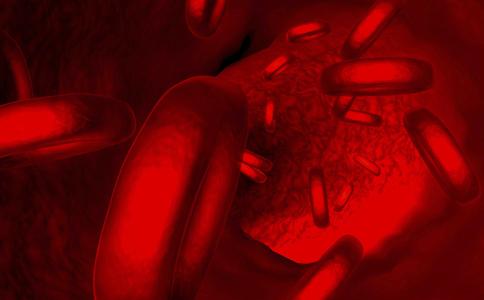Hemoglobin, hematocrit and red blood cell count are part of a complete blood count. The three results are related as there are different ways of measuring the levels of your red blood cells. Hemoglobin (Hb) is a component of your red blood cells that supplies oxygen to the cells of your body. Hemoglobin levels in the blood are measured in grams per deciliter (g/dl) and the normal levels for an adult male range from 13.5 to 17.5 g/dl while for an adult female they range from 12 to 15.5 g/dl.
Hematocrit (Hct) levels measure the percentage of red blood cells, by volume, in whole blood. For example, a hematocrit of 30% means that 100 milliliters of blood contain 30 milliliters of red blood cells. For an adult male, the normal level of hematocrit ranges from 38.8 to 50 percent and for an adult female it ranges from 34.9 to 44.5 percent.
Red blood cell count is a measure of the amount of red blood cells contained in a unit volume of blood. It is usually measured in million cells / mcL (micro liter). The normal levels for an adult male would range from 4.32 to 5.72 million cells/mcL and the normal levels for adult female ranges from 3.9 to 5.03 million cells/mcL.
Hematocrit and other levels are measured in automated machines that make several measurements simultaneously. The levels are measured indirectly by measuring the amount of hemoglobin and average volume of red blood cells. Another way of measuring hematocrit is to use a centrifuge. Red blood cells will settle at the bottom of the tube after being centrifuged and the percentage volume can be measured visually.
Hemoglobin and hematocrit levels depend on the volume of blood and the readings can get skewed if the patient is severely dehydrated or is overloaded with fluids. While a complete blood count and the individual readings contained in it are not a definitive test, they do indicate the presence of a problem. Based on these results, your doctor may require you to undergo further tests that will help him or her to make a diagnosis.
It is important to bear in mind that readings for hematocrit, hemoglobin and red blood cell count, if marginally out of normal range, may not be significant especially if you are healthy and have no signs of any illness. However, if your readings are significantly outside of normal range, then they may signify a problem and your doctor may recommend that you consult a hematologist who specializes in disorders of the blood.
A low hematocrit, hemoglobin and red blood cell count indicates that you are anemic. Anemia is a condition wherein the main symptoms are weakness and fatigue. It can be caused by a number of factors including iron and vitamin deficiency, hemorrhaging or underlying conditions. Some of the causes of anemia include:

Anemia
Loss of Blood: This may be due to any trauma, surgery, bleeding (both internal and external) and colorectal cancer.
Nutritional Deficiency: Iron, vitamin B12 and folic acid deficiency can all cause anemia.
Conditions Affecting the Bone Marrow: These can include bone marrow cancer, renal failure or as a side effect of chemotherapy.
Abnormal Hemoglobin: This condition is observed in sickle cell anemia.
A high hematocrit, hemoglobin and red blood cell count (erythrocytosis) on the other hand may be caused by medical conditions such as lung diseases, tumors or cardiac disease. Other causes of high hematocrit levels include:
Altitude: Higher levels have been observed in people who live at high altitudes. To compensate for the low oxygen levels at high altitudes, the body produces more red blood cells.
Smoking: Heavy smokers generally have higher levels of hematocrit.
Dehydration:Severe dehydration can lower blood volumes creating an artificially high hematocrit reading. This usually reverses when the body id rehydrated.
Polycythemia Vera: This is a condition where mutations in bone marrow cells cause red blood cell production to shoot out of control. It results in a thickening of the blood and can be fatal if left untreated.
Side effects of medication: Abuse of drug erythropoietin (Epogen) can cause high hematocrit levels.

![Diseases, Symptoms, tcm, [tcmwindow.com]](/uploadFile/adImg/2015/11/11/f5cbfcc0-4df5-4646-9b9a-f316651a0199.jpg)





